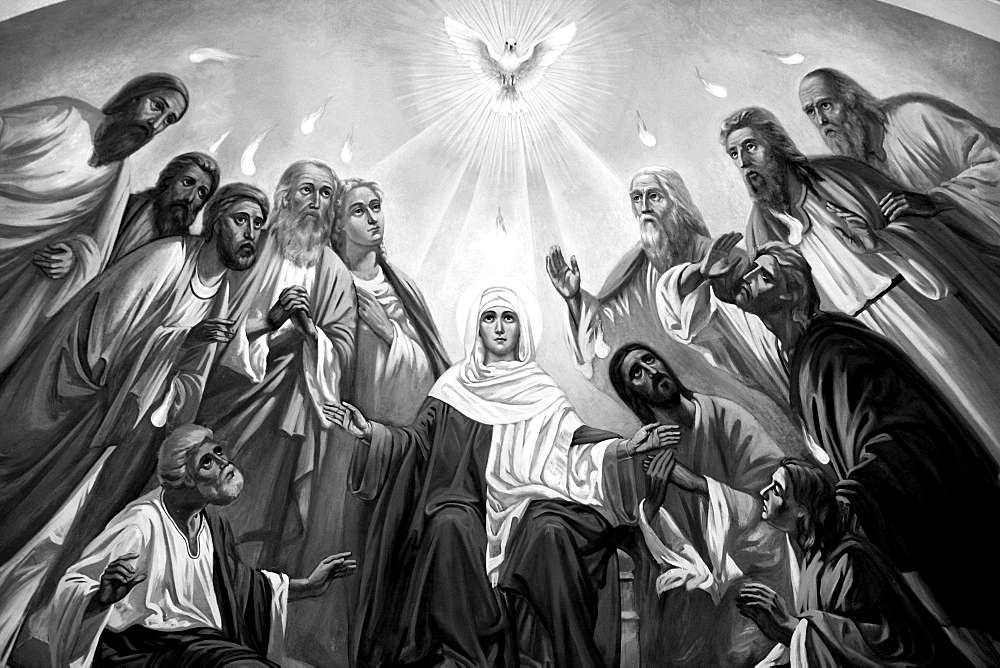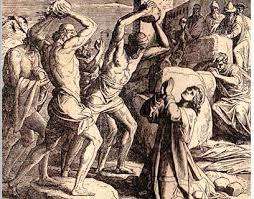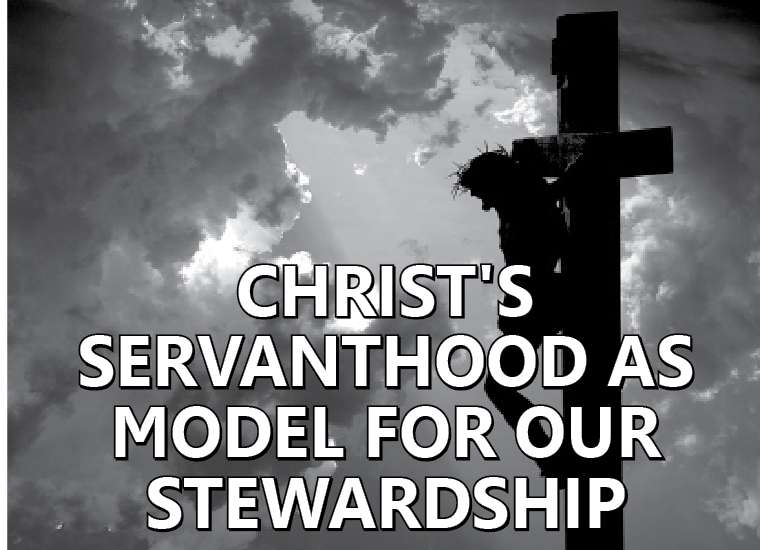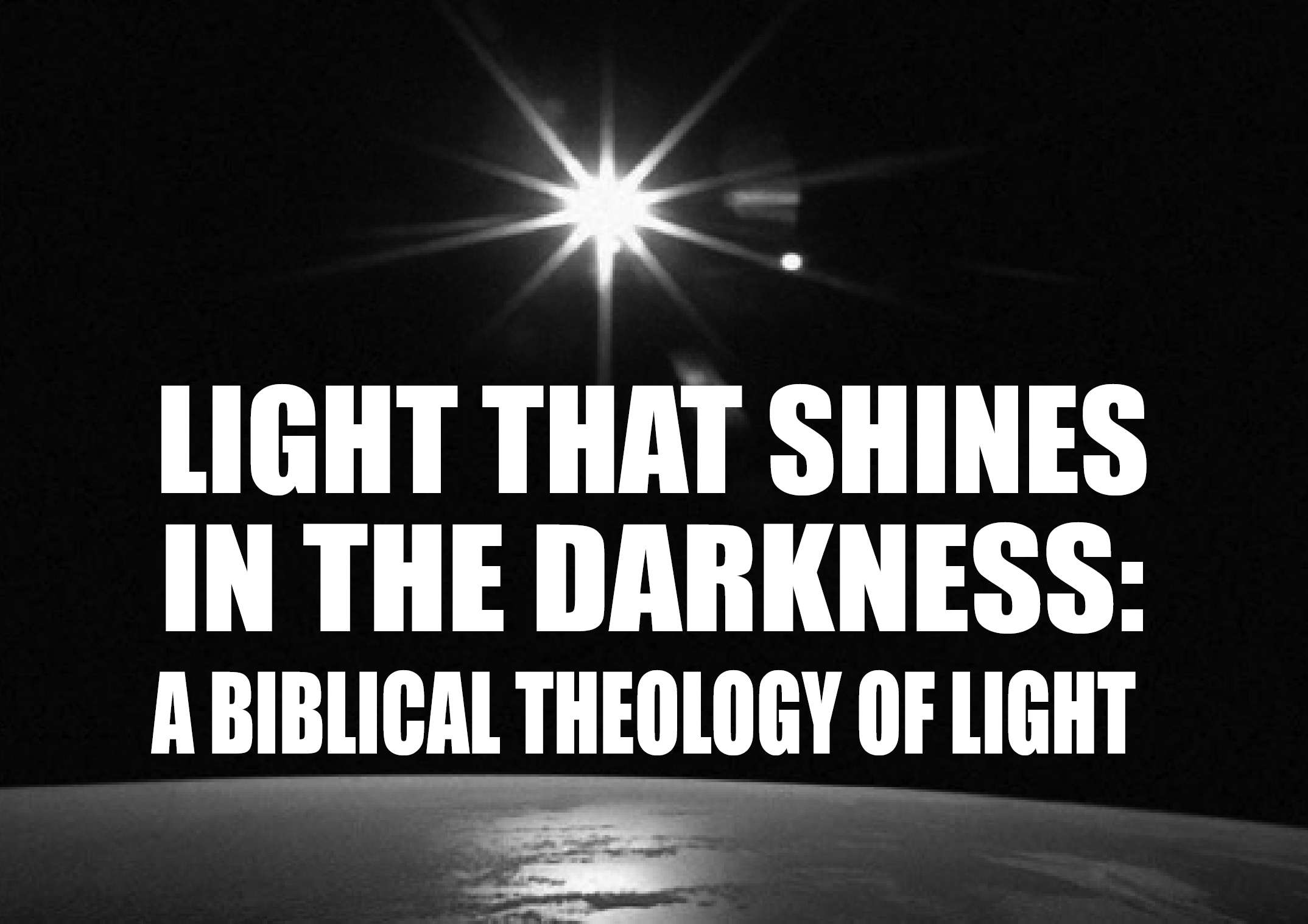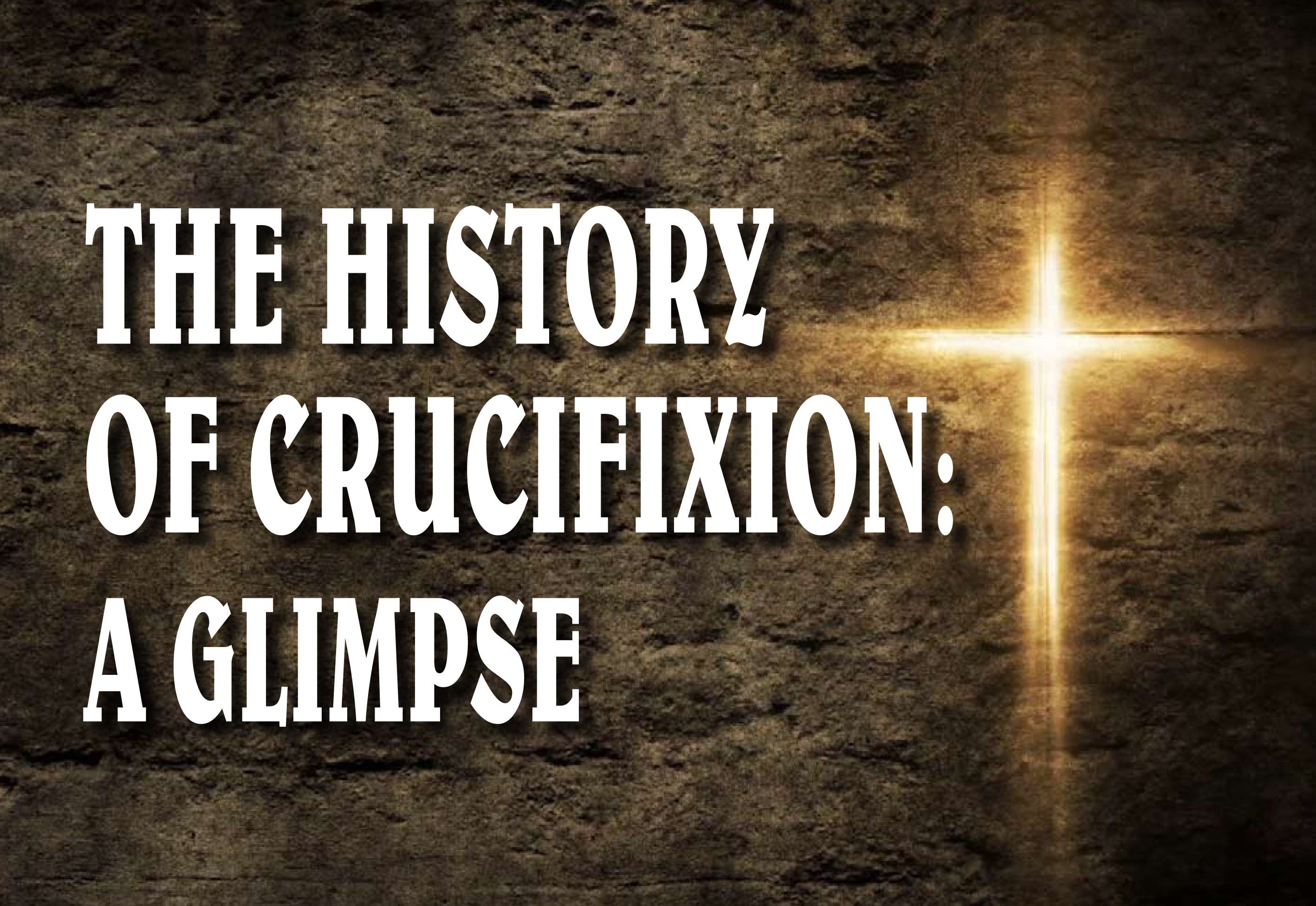

Future Trajectories of Indian Pentecostalism
Dr. Shaibu Abraham
The Pentecostal movement is one of the major Christian denominations in India today. The World Christian Encyclopedia, terms India as one of the major hubs of Pentecostal and Charismatic Christianity. Its growth and consolidation can be seen in metropolitan cities, interior villages and towns. Many sociologists, anthropologists and researchers of Indian Pentecostalism have shown that the majority of the people attracted to the movement is from the poorer sections of the society - Dalits, tribals, poor women, slum dwellers and so on. They find warmth and fellowship among Pentecostal churches and also receive answers for vexed problems like prolonged illness, demonic attacks and possessions, peace of mind and joy in their personal and family affairs.
Moreover, life changing worship in the power of the Spirit, constant Bible teaching, fellowship, use of spiritual gifts and prayer in Pentecostal congregations enact radical changes in their spiritual, social and personal outlooks. The believers become bold enough to share the gospel of Jesus Christ and bring liberation to others. This liberative impulses have enabled the poor, Dalits, tribals and other lower classes people to integrate into Pentecostal churches, unlike many other mainline denominational churches. Besides, ordinary people find Pentecostal spirituality - lively worship with clapping and dancing, the presence and activities of the Holy Spirit, tongue speaking, healing, exorcism, prophecy, visions and so on - attractive and comparable to their previous traditions. Many have been healed of their sickness, delivered of demonic possessions, fear and curses they dreaded in their previous life. Now they are filled with the power of the Holy Spirit, began administer healing, exorcism, prophecy, gospel messages and their testimonies to people around them. Thus, Indian Pentecostalism, not only liberates people from their old life and struggles but empower them to transform lives of their compatriots. This transformative thrust of the movement is the reason behind its growth in Indian society.
Irrespective of this liberative credentials of the movement, Indian Pentecostals are being constantly opposed and persecuted by many political, cultural and religious groups. Churches are demolished, worship services have stopped, Bibles are burned and many pastors and believers have been put in jail in the name of ‘forcible conversions.’ It is also found that the law enforcement agencies and administrative systems of our society, rather than helping the victims of violence, side with perpetrators and put helpless Pentecostal believers in jail or prolonged legal tangles. Even in the midst of such grave struggles, Indian Pentecostalism brings positive changes in the lives of thousands of ordinary people.
Even though these liberative activities place the movement in the forefront of religious and social movements, in places where Pentecostalism is a century old, its spirituality and liberative potentials have been considerably declined. The structure and form of the church take precedence in many of the Older Pentecostal denominations than the lived experience of the Spirit. Emphasis placed on the holiness ethos that emphasized integrity in intentions and actions are not fully visible today. Personal and communal holiness that infused through the born-again experience and the power that bestowed by the baptism of the Holy Spirit are being diminished considerably. Furthermore, among the leadership and laity, elements lacking personal integrity and moral uprightness are increasing. The fraternal feeling and egalitarian attitudes which were the hallmark of the movement in the early period are replaced with superiority and in certain instances of animosity. In Pentecostal denominational settings, clashes for leadership and court cases have brought considerable damage to the movement. Although mission is rapidly growing in newer mission fields, growth in the older places is plateaued.
Having crossed a century since the inception of the movement, and with many Pentecostal denominations in India celebrating their centennials, it is crucial to look ahead and comprehend the direction in which the Pentecostal movement is heading. We need to assess and plan our future, ensuring that whether the movement stays on the God-intended path. Exploring numerous areas for future outlook is significant, however, for brevity, we will broadly focus on the spiritual, theological, denominational, and missional aspects of the movement. Our purpose is to ensure the movement remains dynamic and continues to be a vibrant spiritual, missional, and theological force in the coming years.
Spiritual Trajectories: The Pentecostal movement from its inception was a spiritual movement, emphasising holiness, fervent prayers and fasting, a biblically oriented life-style, the baptism in the Spirit, glossolalia, prophecy and so on. However, recently the importance many of these spiritual elements have been given less emphasis. Pentecostalism's roots lie in the pursuit of a holy living, vibrant spiritual life and emphasizing the experience of the Holy Spirit and gifts. Moreover, it is also significant to emphasise the fruit of the Spirit that would present Pentecostal community as the light of the world. Pentecostal believers need to be equipped to exercise spiritual gifts for the wellbeing of the larger society for transformation. The future vision of the movement must involve a renewed emphasis on holiness, experience of the Spirit and ethical life to prepare a people for the Lord.
Another area that needs emphasis is the eschatological fervour, which served as the cornerstone of the movement's global proliferation and mission endeavours. This element not only enabled believers to lead holy and simple lives but also empowered them to confront the onslaught of sinful surroundings. Unfortunately, after a century, the movement has lost its eschatological thrust, falling behind in holiness, missional commitment, and ethical living. The movement's future vision should prioritize regaining this fervour, preparing its members for the imminent coming of Jesus Christ, nurturing holy living, and actively engaging in missions.
Theological Trajectories: Pentecostalism, in Indian setting, always emphasised spiritual experiences based on the scriptures. Nevertheless, it gave less preference to theologising their spiritual experiences into theological categories. Many early Pentecostal leaders had a negative attitude towards theological education and writing down what they believed and practised in theological format. This attitude has resulted in a lack of an articulated theology within Indian context. The pioneers of the movement were so engrossed in their mission that they were wary of developing a carefully articulated theology of their vibrant faith.
Besides, even though missions were developing at a rapid pace, theological education was not given due importance. Consequently, Pastors were not able to provide in-depth biblical teachings to believers or lead them to a higher level of Christian doctrines. This had a negative effect on the spiritual growth of the community. Therefore, it is important to administer appropriate theological education to pastors and lay leaders for both ministry and mission. Moreover, Pentecostal theologians should strive to form theological frameworks that address the contextual need of the Pentecostal communities in various parts of India to cater the specific needs of the pastors and believers.
Another issue needs to consider in the movement’s future outlook is the recent emergence of prosperity gospel and its outworking. Although in certain extend this form of the Gospel can be beneficial to the poorer sections of the society, more often than not it has produced unwanted influences upon Pentecostal believers of the older churches. Pentecostal leaders and theologians need to consider this issue urgently, reflecting on its implications, both positive and negatives. This can help the Pentecostal community to have a nuanced understanding of prosperity gospel within the broader framework of Pentecostal theology.
Pentecostals need to urgently consider another area for the future, their participation in the ecumenical movement. Historically Pentecostalism has looked at the ecumenical movement with suspicion. Some Pentecostals may have serious reservation due to differences in doctrines and spiritual practices of other Christian denominations. However, in this juncture, it is worth nurturing close fellowship with like-minded Pentecostal denominations to have common ventures in theological formations, missional and social justice endeavours.
Denominational Trajectories: From the beginning of the Pentecostal movement, it has been divided into various groups and denominations. Instead of being a monolithic entity like other Christian denominations, Pentecostalism in different geographical locations have formed into various denominations under the leadership of various individuals. This is true even today in various parts of India and this freedom of forming denominations have ushered church growth and proliferation of the movement all over India. This trend should be continued to reach out to more and more people.
However, within the older denominations, a recent trend has emerged involving conflicts between various factions contesting for power within the hierarchical structures. The factional politics within these denominations has descended even lower than that of secular party politics. Therefore, the future trajectories should focus on efforts to bring unity among leaders within denominations, aiming to enhance spiritual growth, foster mutual love, and stimulate greater efforts for mission activities.
Besides, many Pentecostal denominations have witnessed the consolidation of leadership in a manner that dampens the spiritual and missional growth of the movement. Here, we need to encourage the idea of the ‘priesthood of all believers’ and involve the laity in both spiritual and denominational structures. Equal status should be given to the participation of women and their ministries to tap into the spiritual resources of the community.
Missional Trajectories: Missionary outreach is the lifeblood of Pentecostalism. The reason behind its growth in India and around the world is rapid mission activities carried out by ordinary believers in their own contexts. Even though Pentecostals in the Indian context face violent opposition from Hindutva forces and other religious and cultural organizations, evangelism, mission, and church growth activities are advancing at a faster pace. Even in the future, this trend will continue in newer mission fields and bring many people to Christ. Despite such growth and momentum, in instances where the movement has surpassed a hundred years, the momentum of church growth, evangelism, and mission has slowed down. In many of the older churches, new members are seldom added, or at least in certain churches, pastors and believers are not so keen to bring new members into the fold. This attitude of the older churches needs to be challenged and believers should be encouraged to involve in evangelism.
Additionally, in the changing scenario with the rapid advancements in technology, Pentecostal missions also need to explore innovative ways to utilize digital platforms for evangelism and discipleship. This move could help the movement to reach out to untapped areas in the context of opposition and persecution. Besides, Pentecostal missiologist and mission practioners need to suggest new methods and strategies of mission in the context of shifting political and religious landscape. Thus, in our future vision, we should include a greater focus on holistic mission, which integrates evangelism with social action, community development, peace-making efforts in partner with other Christian denominations and NGOs.
As we conclude, it is crucial to envision the future of the movement at a juncture where it has reached a century but is facing internal and external threats. Both leaders and believers must come together to assess the future trajectories of the movement, determining whether we are progressing or inadvertently regressing from our original God-given commission. We need a renewed understanding of our spiritual practices, theological formulations, denominational conduct, and missional practices. This will enable us to move forward into the future with life-changing vitality and vigour, bringing many people to Christ.





